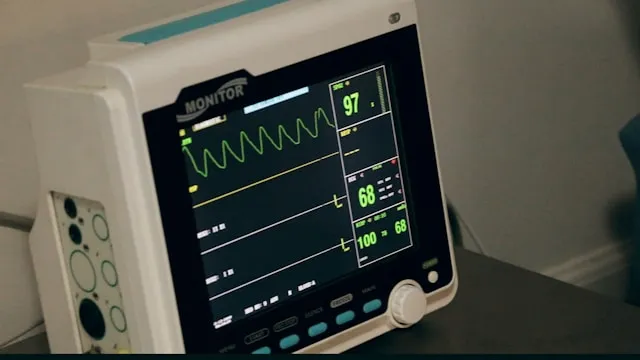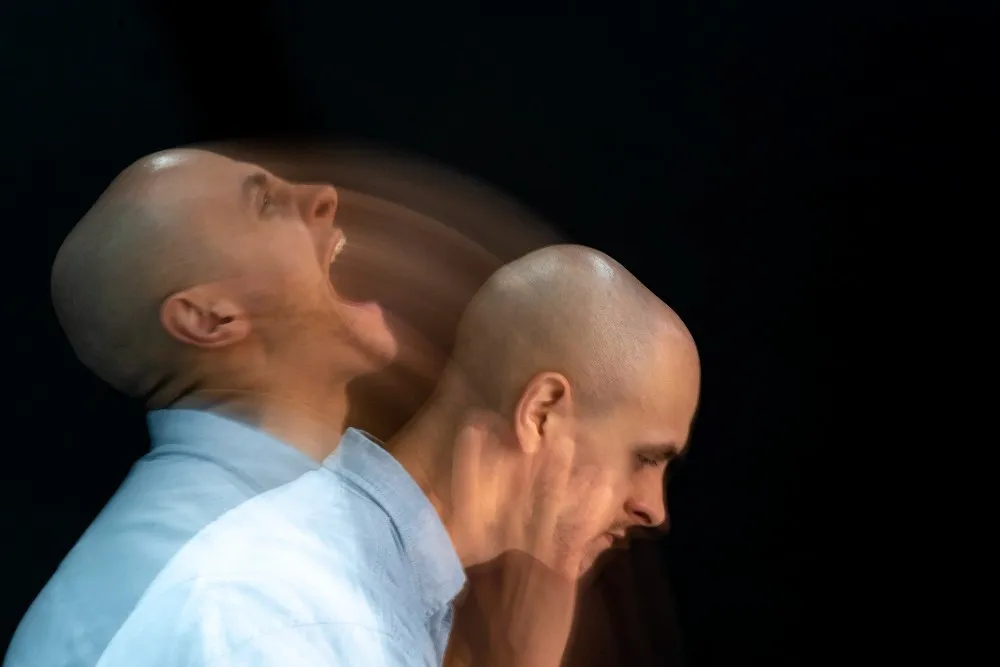What is a Stress Echo Test?
Stress Echocardiography, also known as Stress Echo test, is conducted to check the working of heart muscles and blood vessels. Started in early 1980's, the test checks the motion or contractile of heart at rest and under stress. Stress Echo Test is conducted by an experienced cardiologist. Since the flow of blood in the heart increases under stress, doctors increase the requirement of blood flow to about 5 to 6 times during the test. The left ventricle is divided into a number of segments to check the entire area thoroughly, which is done both before and after the exercise. Typically, ejection fraction after exercise is 55% to 60%. So if it drops below to 40%, it signifies blockage of a major coronary artery.What happens during the Stress Echo Test?
The most common way of administering the test these days is via treadmill, where the patient's ECG and Blood Pressure (BP) are continuously monitored. This gives qualitative and quantitative information and leakage of valve after stress, if any, is also looked at with other evaluations. All of this, thus, helps in Diagnosis of Coronary Artery Disease. The entire duration of the test is close to one hour, the total exercise time being close to about 10 minutes. [embed]https://www.youtube.com/watch?v=JIQCXnrkFHA[/embed]How to prepare for the Stress Echo Test?
Before the test, the cardiologist will recommend the following,- Fasting for 3 to 4 hours before the test.
- No smoking on the day of the test.
- Wearing a loose-fitted and comfortable clothing, and good walking or running shoes.
- If a patient is diabetic, he/she should talk to the doctor about consuming insulin on the day of the test.
Step by Step Procedure
First, the cardiologist will place 10 sticky patches called electrodes on the chest, which will further be attached to an Electrocardiograph (EKG) Monitor.- The doctor or sonographer will then measure the resting heart rate and blood pressure.
- The patient will then be asked to step on the treadmill and start walking at a slow to normal pace.
- Next, the pace at which the patient is walking/ jogging will be gradually increased.
- The patient will be asked to express if she or he feels pain, dizziness or discomfort at any point during the test.
- Once the patient is completely exhausted, she/he will be asked to lie down on the table and the vitals will be checked again.
[caption align="alignleft" width="170"] Dr.K K Kapur, Senior Consultant- Cardiology
Dr.K K Kapur, Senior Consultant- Cardiology
Indraprastha Apollo Hospitals, New Delhi[/caption] This write-up was contributed to Credihealth by: Dr. K. K Kapur, Senior Consultant in the Department of Cardiology at Indraprastha Apollo Hospital in New Delhi.
 Dr.K K Kapur, Senior Consultant- Cardiology
Dr.K K Kapur, Senior Consultant- CardiologyIndraprastha Apollo Hospitals, New Delhi[/caption] This write-up was contributed to Credihealth by: Dr. K. K Kapur, Senior Consultant in the Department of Cardiology at Indraprastha Apollo Hospital in New Delhi.
Dr. K K Kapur is a Cardiologist at the Indraprastha Apollo Hospital, New Delhi and has a vast experience in this discipline. He completed his MD in Internal Medicine and then went to the US for a fellowship where he trained in performing Stress Echo test for a year. Dr.Kapur deals with over 3000 cases monthly and is specialist in performing the test along with 3D Echo and Speckle Tracking Echocardiography. He has been associated with the hospital since its inception, making him a valuable member of the Apollo Hospital team.

Reviewed by







